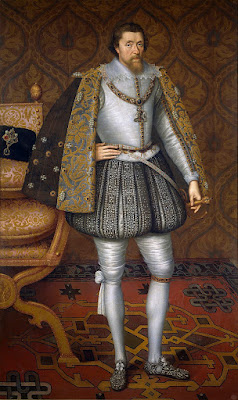 |
| Lord Frederick Wellesley. |
 |
| Lord Frederick Wellesley pictured behind Prince Jean Christophe Napoléon. |
 |
| Lord Frederick Wellesley. |
On 25 February 2021, Nicholas Lambert placed the following announcement in The Telegraph announcing the engagement of his daughter:
The engagement is announced between Captain Frederick Wellesley, The Blues and Royals, younger son of the Duke and Duchess of Wellington, and Captain Katherine Lambert, Royal Engineers, elder daughter of Mr and Mrs Nicholas Lambert.
 |
| The Duke and Duchess of Wellington with the Prince of Wales and the Duchess of Cornwall. |
Born on 30 September 1992 at London, Lord Frederick Charles Wellesley is the fifth and youngest child of the Duke and Duchess of Wellington. Frederick's parents are Charles Wellesley, 9th Duke of Wellington (b.1945), and Princess Antonia of Prussia (b.1955). Through his mother, he is a grandson of Prince Friedrich of Prussia, the subject of a recent article in the European Royal History Journal, and his wife Lady Brigid Guinness, of the Earls of Iveagh. Frederick Wellesley has four elder siblings: Arthur Wellesley, Earl of Mornington (b.1978; married Jemma Kidd); Lady Honor Wellesley (b.1979; married the Hon. Orlando Montagu); Lady Mary Wellesley (b.1986); and Lady Charlotte Wellesley (b.1990; married Alejandro Santo Domingo). Lord Frederick Wellesley studied at Eton and then went on to the Royal Academy Sandhurst. In 2016, he joined the Blues and Royals, where he has achieved the rank of captain.
 |
| King James: the common ancestor of Frederick and Katherine. |
As we conclude our exploration of the intricate dynamics between aristocratic engagement with royal families, it is clear that this complex web of relationships has played a significant role in shaping the course of European history. The aristocratic engagement with royal families was not limited to mere social gatherings or ceremonial events, but rather a calculated strategy that involved the exchange of favors, alliances, and even marriages to secure positions of influence and power. This delicate balance of power, prestige, and strategic alliances has been a hallmark of European aristocracy and royal families throughout the centuries. The royal families, in particular, have leveraged these relationships to maintain their authority and stability, while the aristocrats sought to advance their own interests and status within the social hierarchy.
The significance of this aristocratic engagement with royal families extends beyond the realm of historical curiosity, as it continues to influence the social and political landscape of Europe today. The aristocratic engagement with royal families serves as a testament to the enduring power of tradition and the importance of maintaining social hierarchies. As we move forward in an increasingly globalized and interconnected world, it is crucial that we understand and appreciate the historical context that has shaped our modern society. The intricate dynamics between aristocratic engagement with royal families offer valuable insights into the workings of European politics and society during this period, and serve as a reminder of the enduring allure of timeless elegance and the allure of aristocratic stocks that has captured the attention of investors for generations.



No comments:
Post a Comment